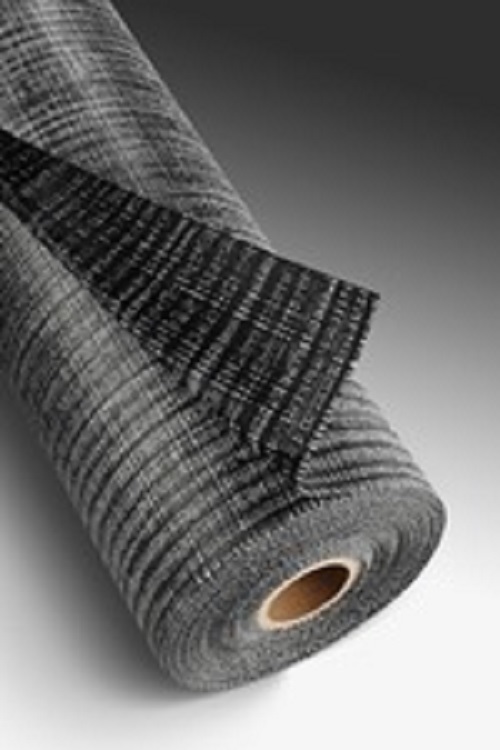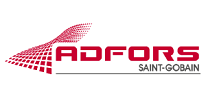ADFORS GLASGRID® GP


Specification
GlasGrid® GP (GlasPave) reduces the potential for thermal and stress-related cracks reflecting through to the surface of a new asphalt overlay. Compared to traditional methods, GlasGrid GP provides a much more cost-effective solution, and is 4-8 times stronger than traditional paving mats.
GlasGrid® GP is constructed of high strength, continuous fiberglass fibers, coated in a patent-pending elastomeric polymer and embedded between two spun bond polyester textiles. GlasGrid GP creates not only a strong and effective moisture-resistant membrane, but also a high-tensile strength product. It is resistant to rot, chemicals and mildew, is thermally stable, and does not shrink or change dimensions when exposed to hot mix asphalt.
GlasGrid GP can be installed with traditional asphalt binders and requires 25% less hot asphalt cement to be saturated. Compared to traditional non-wovens, GlasGrid GP reduces your project’s system costs as well as its carbon footprint.
GlasGrid GP interlayers have undergone third-party testing using the ASTM D5084, “Measurement of Hydraulic Conductivity of Saturated Porous Materials Using a Flexible Wall Permeameter.” Samples of GlasGrid GP were saturated with 0,15 gal/yd2 of hot AC binder, using the guidelines set out in ASTM D6140. The asphalt-saturated materials were then tested in a permeameter, a tri-axial-type cell used for making hydraulic conductivity measurements. A confining pressure of 5 psi was used for the test. Results are shown in the table below.
These results prove that the GlasGrid GP AC-saturated interlayer had an extremely low water permeability rate. Based on literature cited, a membrane, tested in this manner, will greatly enhance the waterproofing of a pavement if the permeability is less than 1 x 10-3 cm/sec.


